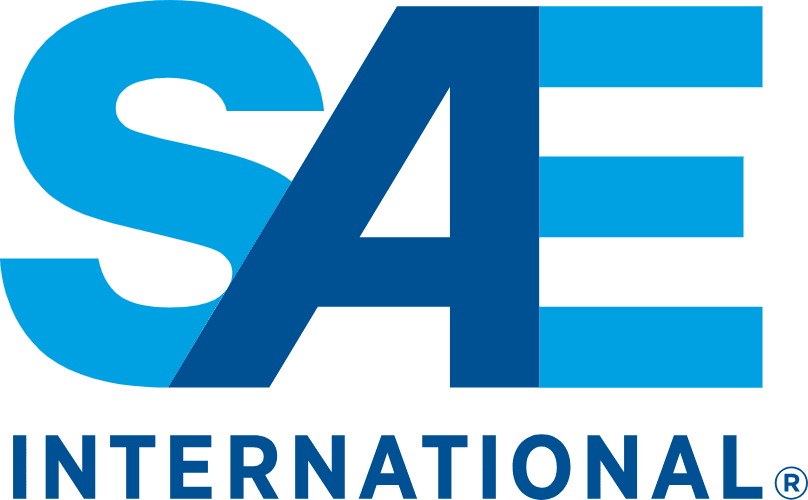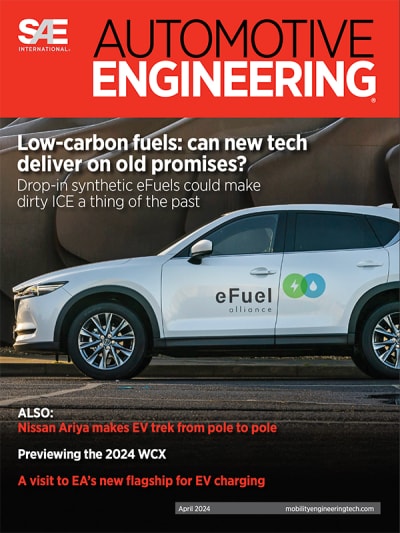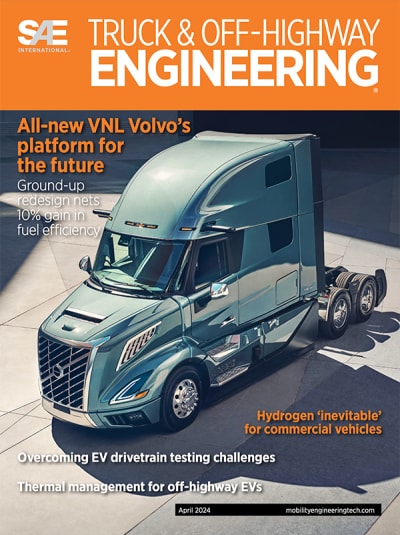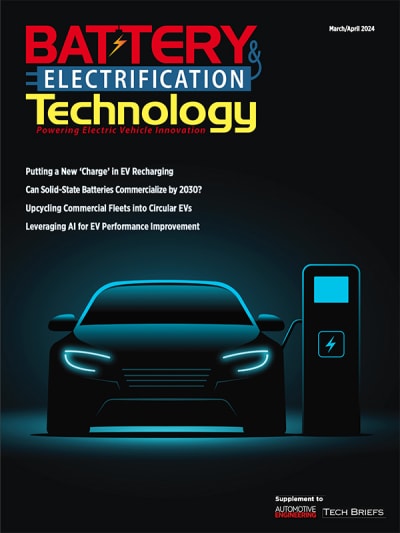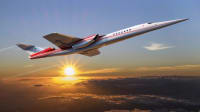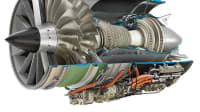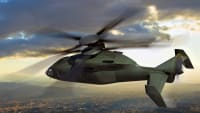Boeing Partners with Aerion to Speed Development and Testing of Next-Generation Supersonic Aircraft, Accelerate Supersonic Travel

The AS2 from Aerion in Reno, Nevada, will be the first supersonic business jet to market, Boeing officials in Chicago predict. Boeing (NYSE:BA) is providing engineering, industrial, and financial resources in partnership with Aerion to accelerate technology development and aircraft design, with the goal of bringing supersonic air travel to new markets.
Boeing will provide engineering, manufacturing, and flight test resources, as well as strategic vertical content, to help bring Aerion's AS2 supersonic business jet to market. The aircraft is slated for first flight in 2023.

Aerion introduced its AS2 12-passenger business jet design in 2014 and unveiled the AS2's GE Affinity engine design in 2018. Aerion was founded in 2003 to develop new, more efficient aerodynamic technologies for supersonic aircraft.
Read: GE, Lockheed Martin commit to Aerion's supersonic bizjet
Aerion is mapping out a sustainable return to supersonic flight, explains Tom Vice, chairman, president, and chief executive officer of Aerion. “The AS2 is the launch point for the future of regulatory-compliant and efficient supersonic flight. Together with Boeing, we're creating a faster, more connected future with tremendous possibilities for enhancing humanity's productivity and potential.” Boeing officials are calling it a significant investment in Aerion, although terms of the deal were not disclosed. “This is a strategic and disciplined leading-edge investment in further maturing supersonic technology. Through this partnership that combines Aerion's supersonic expertise with Boeing's global industrial scale and commercial aviation experience, we have the right team to build the future of sustainable supersonic flight,” says Steve Nordlund, vice president and general manager of Boeing NeXt .
Read: Aerion and Honeywell collaborate on revolutionary flight deck for supersonic bizjet
“Boeing is leading a mobility transformation that will safely and efficiently connect the world faster than ever before," Nordlund adds. Boeing NeXt works with industry partners and regulatory agencies “to lead the responsible introduction of a new mobility ecosystem,” officials say. The division's portfolio includes prototyping activities and programs intended to shape the future of urban, regional, and global mobility, such as autonomous air vehicles and passenger-carrying hypersonic aircraft.
Courtney E. Howard is editorial director and content strategist at SAE International. Contact her by e-mail at
Top Stories
INSIDERAerospace
![]() Turkey's KAAN Combat Aircraft Completes First Flight - Mobility Engineering...
Turkey's KAAN Combat Aircraft Completes First Flight - Mobility Engineering...
INSIDERManufacturing & Prototyping
![]() FAA Expands Boeing 737 Investigation to Manufacturing and Production Lines -...
FAA Expands Boeing 737 Investigation to Manufacturing and Production Lines -...
INSIDEREnergy
![]() Stratolaunch Approaches Hypersonic Speed in First Powered TA-1 Test Flight -...
Stratolaunch Approaches Hypersonic Speed in First Powered TA-1 Test Flight -...
INSIDERPropulsion
![]() Hermeus Rolls Out First Quarterhorse Hypersonic Test Aircraft - Mobility...
Hermeus Rolls Out First Quarterhorse Hypersonic Test Aircraft - Mobility...
INSIDERImaging
![]() New Video Card Enables Supersonic Vision System for NASA's X-59 Demonstrator -...
New Video Card Enables Supersonic Vision System for NASA's X-59 Demonstrator -...
INSIDERAerospace
![]() Army Ends Future Attack and Reconnaissance Helicopter Development Program -...
Army Ends Future Attack and Reconnaissance Helicopter Development Program -...
Webcasts
Automotive
![]() Mastering Software Complexity in Automotive: Is Release Possible...
Mastering Software Complexity in Automotive: Is Release Possible...
Electronics & Computers
![]() Implementing New APQP and Control Using Electronic Workflows
Implementing New APQP and Control Using Electronic Workflows
Power
![]() Using a Holistic Approach for Integrated Optimization of Electric...
Using a Holistic Approach for Integrated Optimization of Electric...
Manufacturing & Prototyping
![]() The Road to Zero Prototypes: Live from VI-grade’s ZERO...
The Road to Zero Prototypes: Live from VI-grade’s ZERO...
Automotive
![]() Applying Model-Based Design to SDV Development: A Practical...
Applying Model-Based Design to SDV Development: A Practical...
